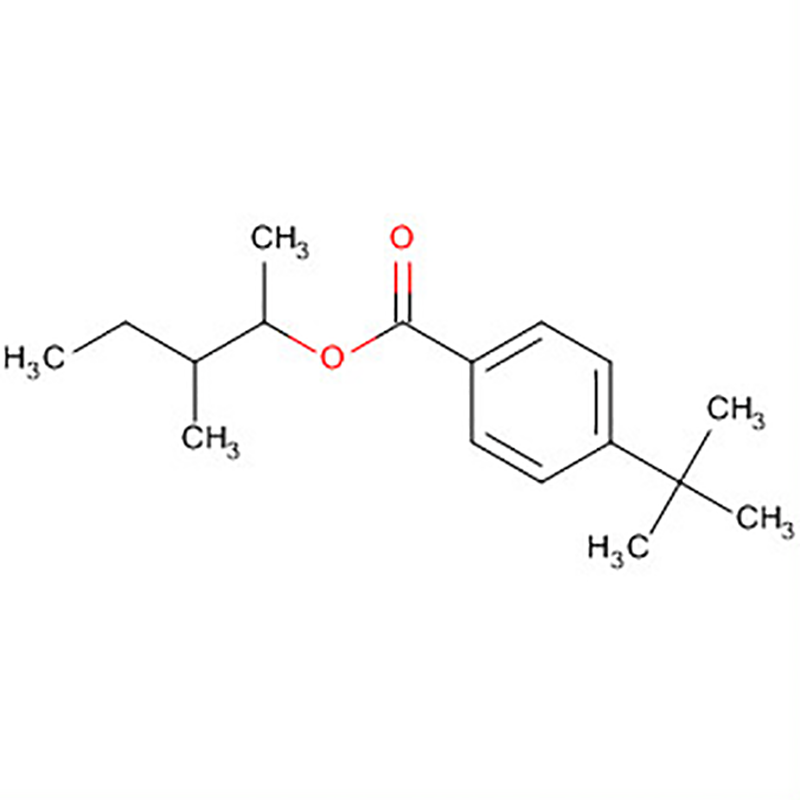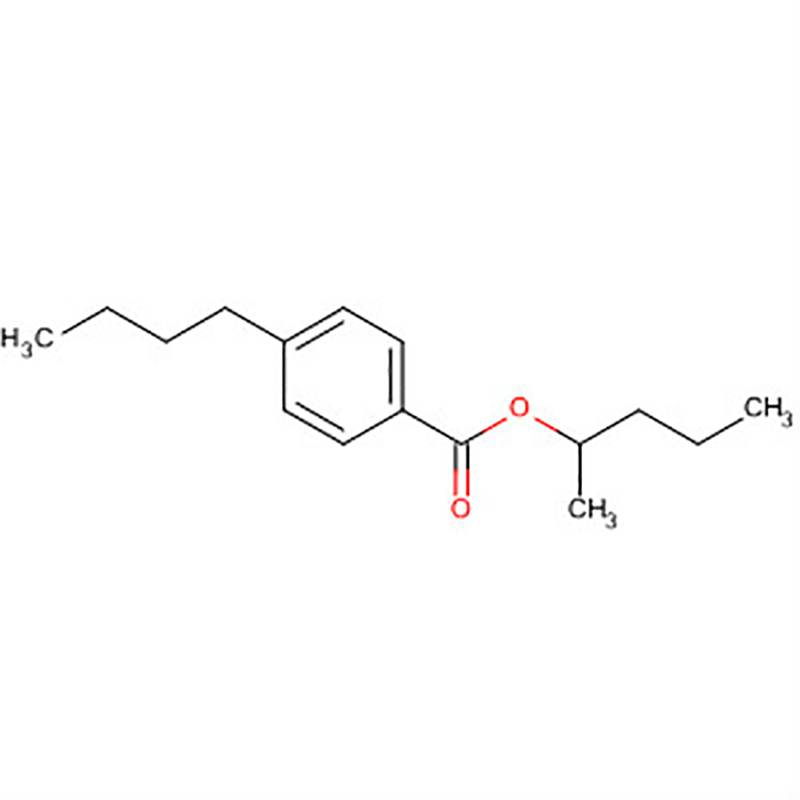-
Categories
-
Pharmaceutical Intermediates
-
Active Pharmaceutical Ingredients
-
Food Additives
- Industrial Coatings
- Agrochemicals
- Dyes and Pigments
- Surfactant
- Flavors and Fragrances
- Chemical Reagents
- Catalyst and Auxiliary
- Natural Products
- Inorganic Chemistry
-
Organic Chemistry
-
Biochemical Engineering
- Analytical Chemistry
-
Cosmetic Ingredient
- Water Treatment Chemical
-
Pharmaceutical Intermediates
Promotion
ECHEMI Mall
Wholesale
Weekly Price
Exhibition
News
-
Trade Service
5-Pyridin-2-ylthiophene-2-carbaldehyde, also known as 2-pyridylcarbinol-2-aldehyde, is a synthetic chemical compound that is primarily used as a building block for the production of various other chemicals and materials.
It is a white to off-white solid with a characteristic odor, and it is highly soluble in water.
The safety of 5-pyridin-2-ylthiophene-2-carbaldehyde has been extensively studied in the chemical industry, and it is generally considered to be a moderately hazardous substance.
Prolonged exposure to the vapors of this compound can cause respiratory irritation and other health problems, and it is recommended that workers handling this chemical take appropriate precautions to protect themselves from exposure.
The primary health hazards associated with 5-pyridin-2-ylthiophene-2-carbaldehyde are related to its irritating effects on the respiratory system.
When inhaled, the vapors of this compound can cause coughing, wheezing, and other respiratory symptoms, and prolonged exposure can lead to more serious health problems such as chronic obstructive pulmonary disease (COPD) and other lung diseases.
In addition to its respiratory hazards, 5-pyridin-2-ylthiophene-2-carbaldehyde is also classified as a skin irritant, and prolonged contact with the skin can cause dermatitis and other skin problems.
The eye is also a sensitive area and contact with the eyes can cause irritation and redness.
To minimize the risk of exposure to 5-pyridin-2-ylthiophene-2-carbaldehyde, workers in the chemical industry are advised to follow strict safety procedures when handling this compound.
This may include wearing appropriate personal protective equipment (PPE), such as respirators and gloves, and working in well-ventilated areas.
It is also important to ensure that the proper safety measures are in place to prevent spills or other releases of this chemical, as it can be harmful if ingested or inhaled.
In addition to the health hazards associated with 5-pyridin-2-ylthiophene-2-carbaldehyde, there are also concerns about its potential environmental impact.
This compound is not particularly persistent in the environment, but it is known to be toxic to aquatic organisms, and it may pose a risk to wildlife and other ecosystems if released into the environment.
Overall, the safety of 5-pyridin-2-ylthiophene-2-carbaldehyde is a complex issue that must be considered carefully by workers in the chemical industry.
While this compound is not particularly dangerous when handled properly, it can be harmful if ingested, inhaled, or otherwise exposed to in large amounts.
As a result, it is important to follow all safety precautions and guidelines when working with this chemical to minimize the risk of injury or harm.







